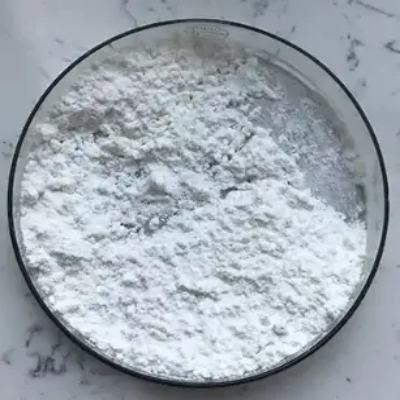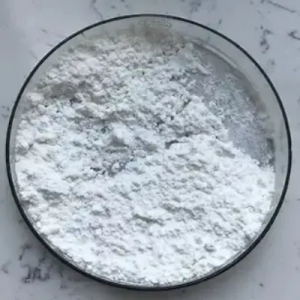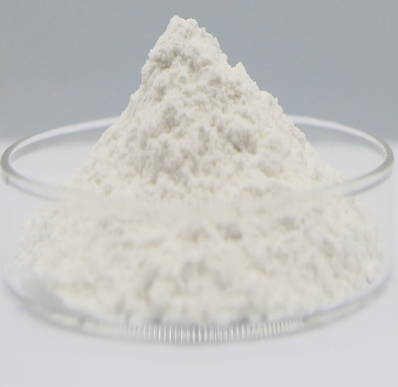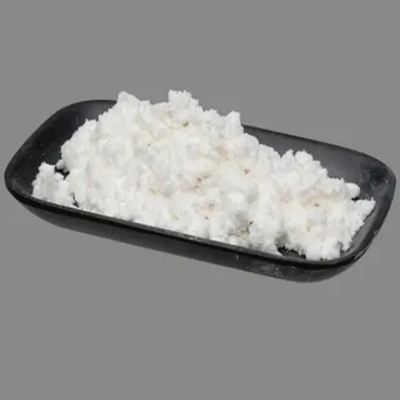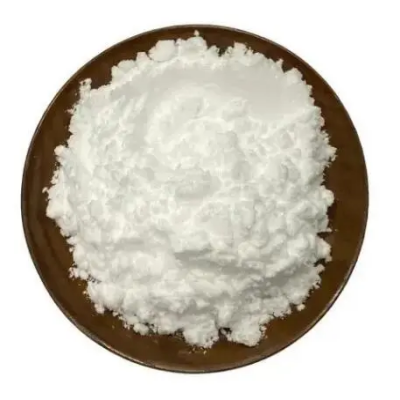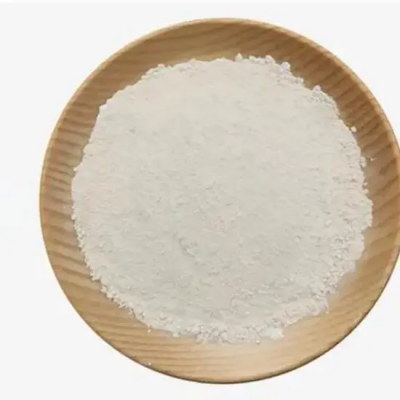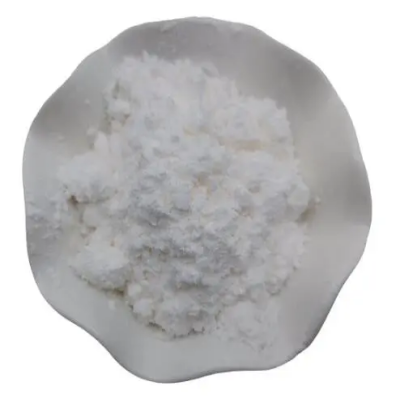Leupeptin CAS:24125-16-4
Leupeptin is widely utilized in research laboratories for the protection of proteins against degradation by endogenous proteases during protein purification and analysis. By inhibiting protease activity, leupeptin helps maintain the integrity and stability of target proteins, allowing researchers to obtain more accurate results in their experiments. In cell biology, leupeptin is often included in cell lysis buffers to prevent protein degradation during the extraction of cellular proteins. This ensures that the proteins extracted from cells remain intact and active, enabling downstream applications such as Western blotting, enzyme assays, and protein-protein interaction studies. Furthermore, leupeptin is commonly used in studies investigating the role of specific proteases in cellular processes. By selectively inhibiting protease activity with leupeptin, researchers can elucidate the functions of proteases in signaling pathways, protein turnover, and other physiological processes. Overall, leupeptin is an indispensable tool in biochemical and cell biology research, offering researchers a reliable method to control protease activity and protect proteins from degradation. Its versatility, stability, and broad inhibitory spectrum make it a valuable reagent for a variety of applications aimed at understanding the complex mechanisms underlying biological processes.



| Composition | C20H39ClN6O4 |
| Assay | 99% |
| Appearance | white powder |
| CAS No. | 24125-16-4 |
| Packing | Small and bulk |
| Shelf Life | 2 years |
| Storage | Store in cool and dry area |
| Certification | ISO. |


